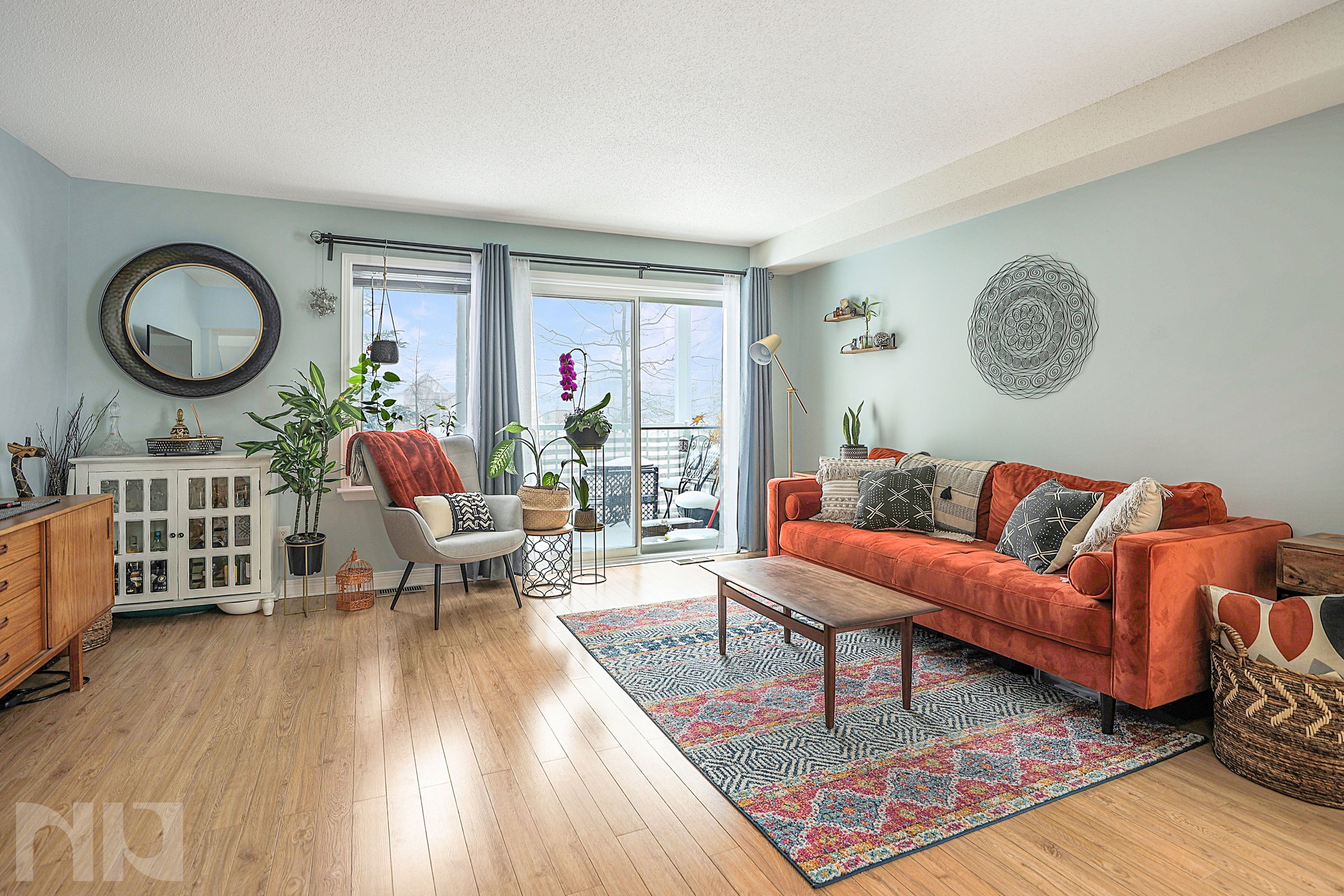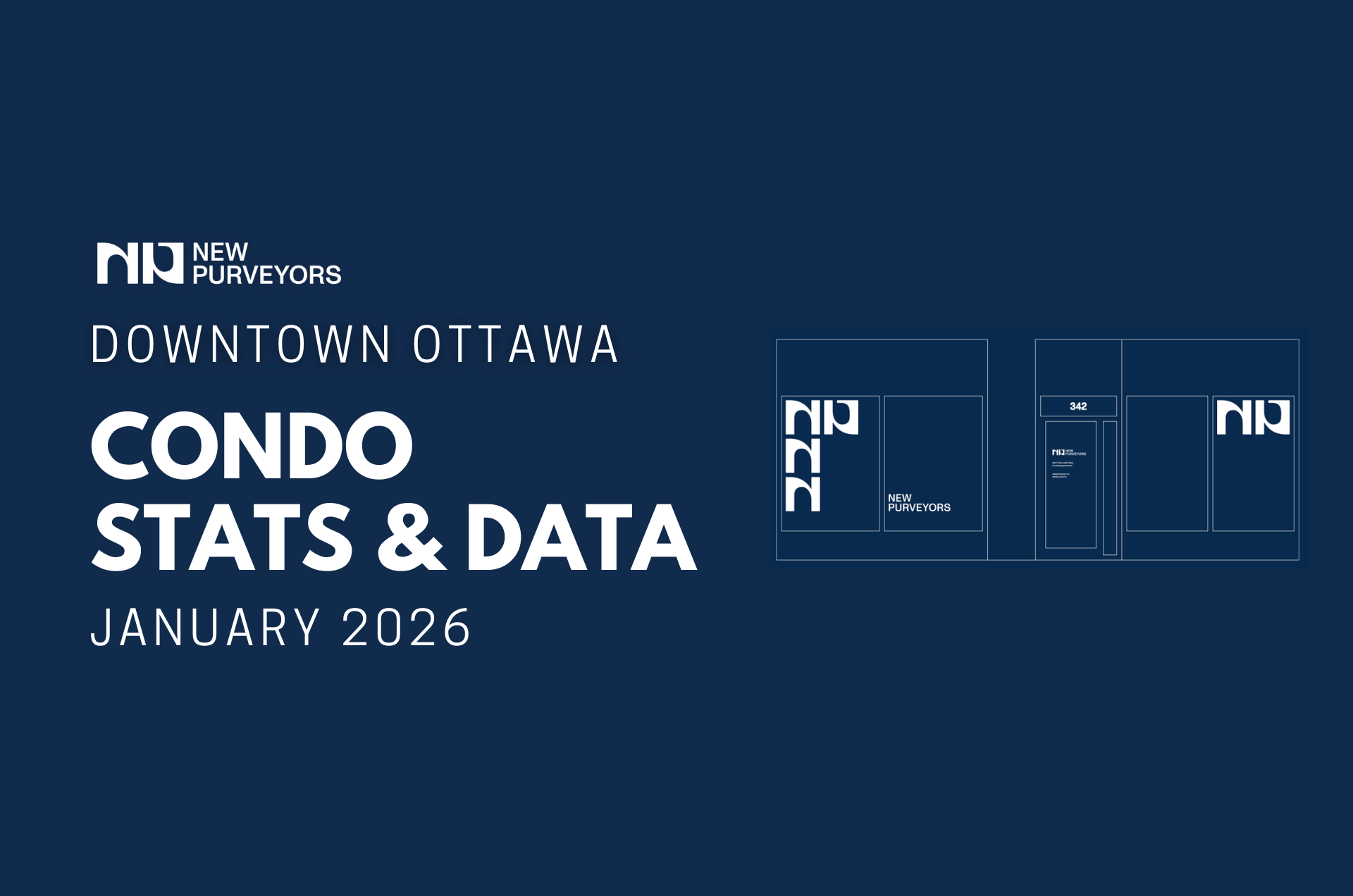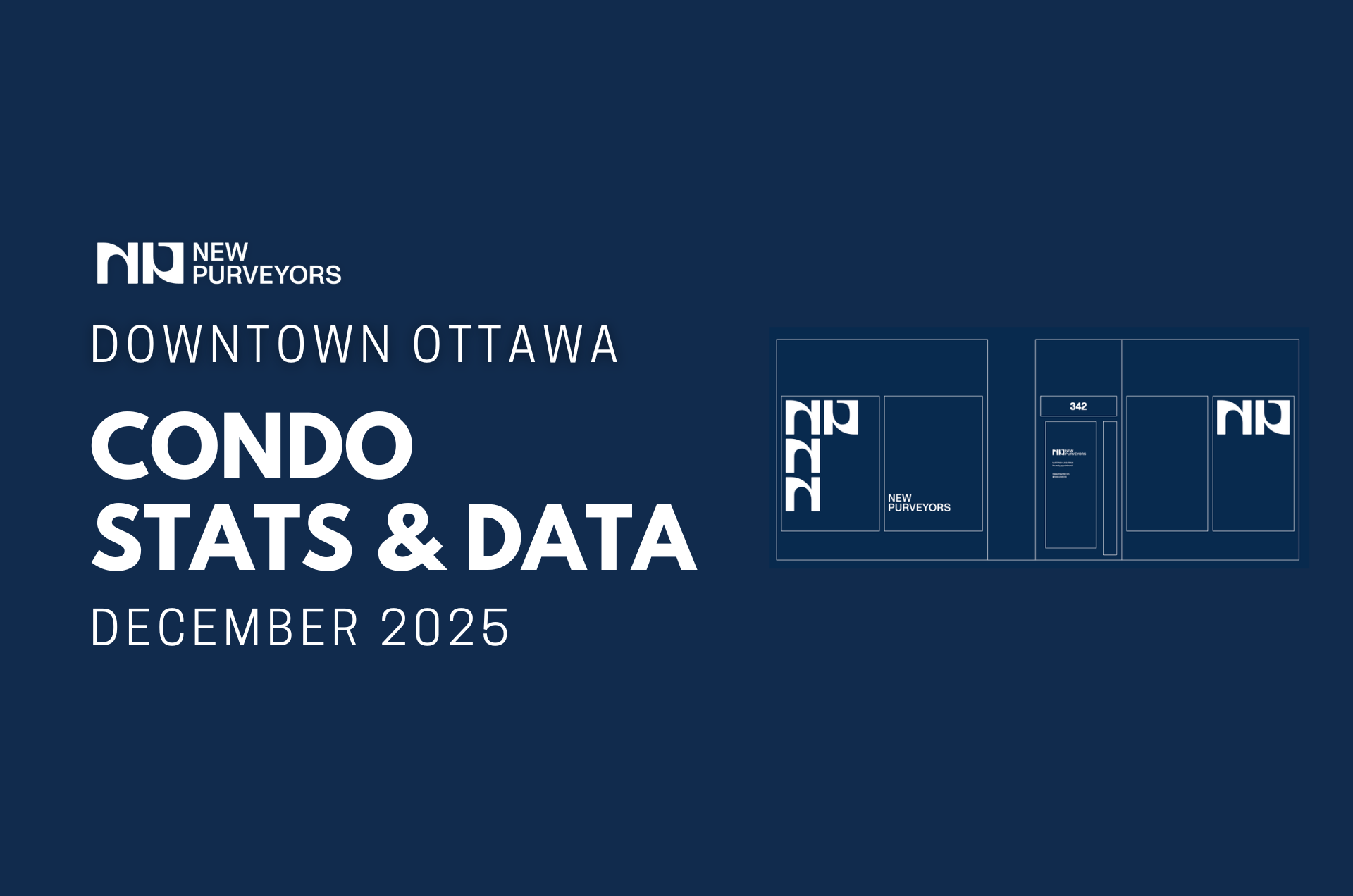Condo insurance, also known as condominium insurance or HO-6 insurance, is essential for condo owners in Ottawa to protect their investment and personal belongings. While condo insurance policies may vary, understanding what's covered and what's not can help you make informed decisions about your coverage. In this guide, we'll explore the key aspects of condo insurance in Ottawa.
What's Covered:
Dwelling Coverage: This component of condo insurance typically covers the structure of your unit, including walls, floors, ceilings, and built-in fixtures such as cabinets and countertops. In the event of covered perils like fire, vandalism, or burst pipes, dwelling coverage helps repair or rebuild your unit.
Personal Property Coverage: Personal property coverage protects your belongings within the condo, such as furniture, electronics, clothing, and appliances. It reimburses you for the cost of repairing or replacing items damaged or stolen due to covered perils.
Liability Coverage: Liability coverage is crucial for protecting you financially if someone is injured while visiting your condo or if you accidentally damage someone else's property. It covers legal expenses, medical bills, and settlements if you're found responsible for bodily injury or property damage.
Loss of Use Coverage: If your condo becomes uninhabitable due to a covered loss, loss of use coverage helps pay for additional living expenses, such as temporary accommodation, food, and transportation, while your unit is being repaired or rebuilt.
Additional Living Expenses: This coverage extends beyond loss of use to include other necessary expenses incurred due to a covered loss, such as storage fees or pet boarding fees.
Improvements and Betterments: If you've made upgrades or improvements to your condo unit, such as renovating the kitchen or installing custom fixtures, improvements and betterments coverage can help cover the cost of repairing or replacing these upgrades in the event of damage.
What's Not Covered:
Flood Damage: Condo insurance typically doesn't cover flood damage. Ottawa residents in flood-prone areas may need to purchase separate flood insurance through the National Flood Insurance Program (NFIP) or a private insurer.
Earthquake Damage: Similar to flood damage, earthquake damage is generally not covered by standard condo insurance policies. Condo owners concerned about earthquake risk may need to purchase additional earthquake insurance.
Wear and Tear: Condo insurance is designed to protect against sudden and accidental damage, not normal wear and tear or gradual deterioration of your unit and belongings.
Losses Exceeding Policy Limits: It's important to review your condo insurance policy limits to ensure they adequately cover the value of your dwelling and personal property. If a loss exceeds your policy limits, you may be responsible for covering the additional costs.
Intentional Damage or Criminal Acts: Condo insurance typically excludes coverage for intentional damage or criminal acts committed by the policyholder.
Certain High-Value Items: While personal property coverage generally extends to a wide range of belongings, high-value items such as jewelry, artwork, and collectibles may have limited coverage under standard condo insurance policies. Additional coverage may be available through endorsements or scheduled personal property coverage.
Tips for Choosing Condo Insurance in Ottawa:
Review Your Condo Association's Master Policy: Before purchasing condo insurance, review your condo association's master insurance policy to understand what aspects of the building and common areas are already covered. This can help you determine the appropriate coverage limits for your individual policy.
Assess Your Personal Property: Take inventory of your belongings and assess their value to determine the appropriate amount of personal property coverage you need. Consider factors such as replacement cost versus actual cash value and whether you have any high-value items that may require additional coverage.
Consider Additional Coverage Options: Depending on your needs and budget, consider additional coverage options such as flood insurance, earthquake insurance, and scheduled personal property coverage for high-value items.
Review and Update Your Policy Annually: Life circumstances and property values can change over time, so it's important to review and update your condo insurance policy annually to ensure it reflects your current needs and provides sufficient coverage.
By understanding what's covered and what's not covered by condo insurance in Ottawa, condo owners can make informed decisions when selecting insurance policies to protect their investment and personal belongings. Working with an experienced insurance agent and regularly reviewing your policy can help ensure you have the coverage you need for peace of mind.
Interested in learning more? Reach out via phone or email!




































